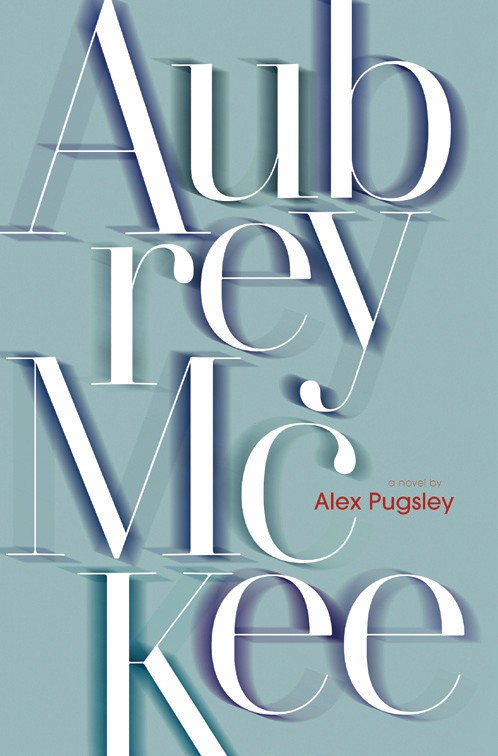Aubrey McKee by Alex Pugsley
Aubrey McKee
by Alex Pugsley
Biblioasis, 2020; 388 Pages; $22.95
review by Patrick Mackenzie
About halfway through Alex Pugsley’s memoirish novel, Aubrey Mckee I got the distinct feeling that he was psychoanalyzing his characters. About two-thirds of the way through the novel, my astute instincts for literary criticism were rewarded. In one of many in-depth character portrayals, Pugsley writes, “Gail would lose both her parents very young, her mother at eighteen, her father at twenty-six . . . but at twenty-one she was still suffering the convoluted after-affects of her mother’s early death. It was my conjecture — if I might be allowed some free-form psychoanalysis (italics mine) — that her mother died at a time when Gail was just beginning to construct an adult identity. . . ” Aren’t I clever, I congratulated myself, putting my legs on the desk and gazing at the ceiling for a moment.
But then a thought immediately struck me: isn’t all writing of serious fiction essentially psychoanalysis? Jane Smiley, in Thirteen Ways of Looking at the Novel, written during a bout of writer’s block (how does that happen?), described novelists as theorists of the human condition. And what is psychoanalysis if not an attempt to provide theories on the human condition? Getting back to Aubrey Mckee, I’m not sure what all of Alex Pugsley’s psychoanalyzing amounts to — although I have my ideas — but it sure makes for some damn entertaining reading. In fact, this is one of the best Canadian novels I’ve read in awhile.
We are introduced to central character and first-person narrator Aubrey Mckee in childhood and follow him through adolescence to young adulthood. The various stages of his young life unfold, and unravel, against the foreground and background of the maritime metropolis of Halifax. As the story progresses the city seems to take on a life of its own, imposing its history and demands of a fading British empire on socially dysfunctional boy geniuses: “The city was rampant and replenishing with prodigies, brainiacs, wunderkinds. ‘There’s a lot of bright kids in this town,’ said my mother. ‘Not all of them make it. Not all of them can handle being bright.’ I’m not sure if it’s the isthmus mentality, or the presence of so many universities, but smarter and snootier young men you will not find for a thousand miles.” It is among these boy, and girl, geniuses with whom Aubrey finds himself entangled that the story interrogates Halifax and its surrounding environs as a far flung outpost of a lost empire, caught between an old world — represented by once prominent families and old money — and a new world yet to emerge, however dysfunctionally. Speaking of Cyrus Mair, the earliest character to appear in the story and the most prominent of his contemporaries, Aubrey declares of his idiosyncratic family, “The family was old Halifax — exotic, neurotic, highly alcoholic — at one time a group of great capital and smarts, the Mairs would become the glittering, decrepit, once-wealthy family where great aunts collapse and sons die in madness.”
Aubrey Mckee could be thought of as a bildungsroman — that venerable sub-genre of the coming-of-age tale — focusing as it does on the developing morality and psychology of the narrator and his contemporaries — hence all the psychoanalysis. You’d think that Aubrey’s proclivity to interrogate the inner lives and motivations of his friends and associates would run the risk of derailing the narrative and get in the way of the story, but it ends up being perhaps the most delightful feature of the novel, weaving together the lives of his characters with the past, present, and possible future city in which they get drunk and perambulate, and fall into Halifax Harbour. »

